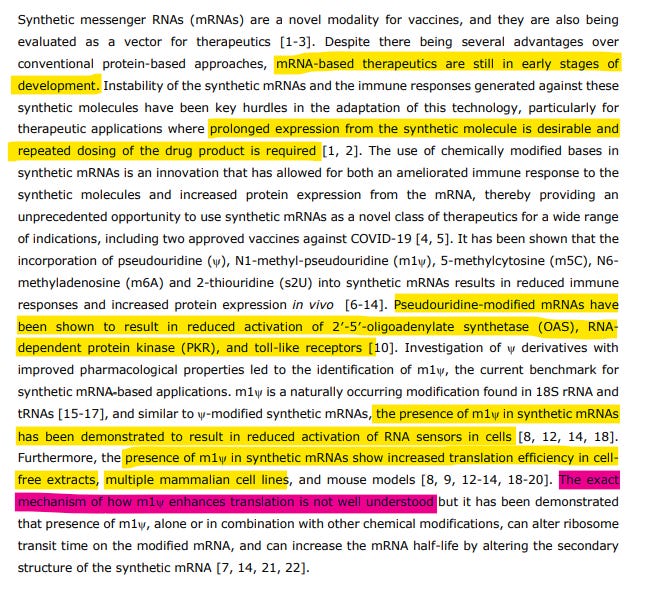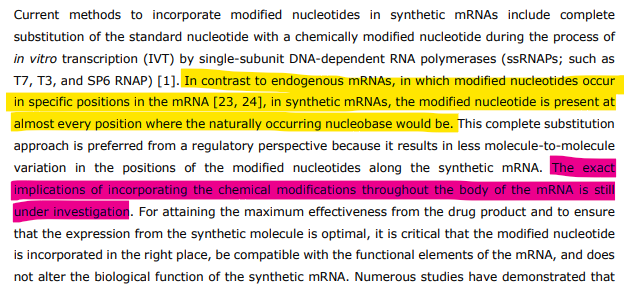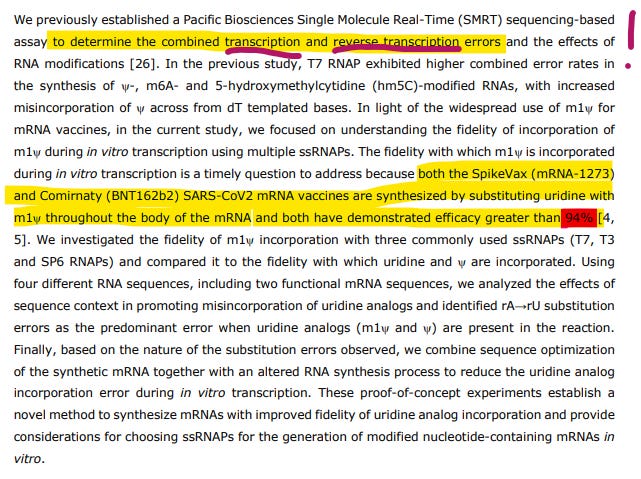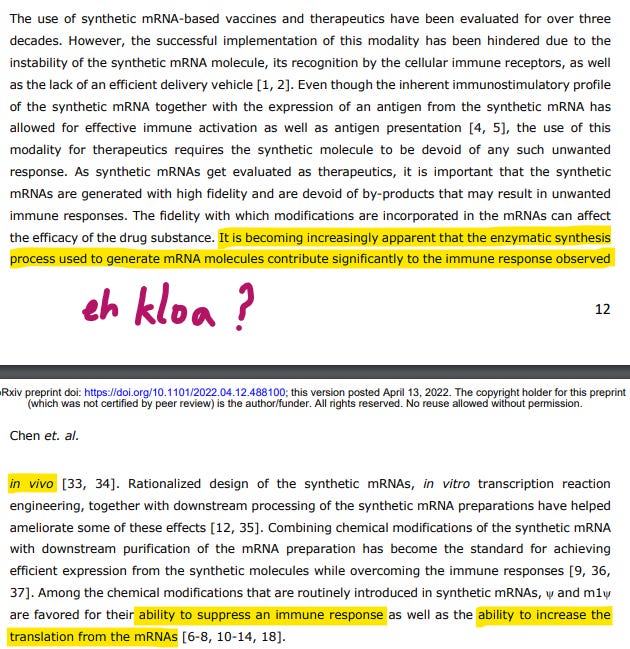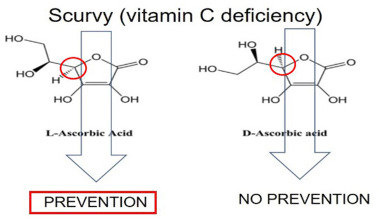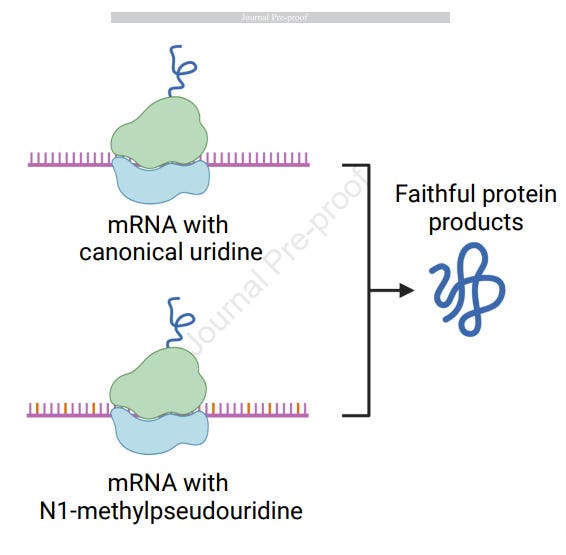m1ψ and synthetic mRNA technology
info
2022-08-17
A short commentary on the synthetic mRNA technology, which is being promoted as the “future of medicine”.
The word synthetic is being used, cause the natural uridine
is being subsitued for m1ψ, which is a synthetic molecule.
Citing from this study:
m1ψ being the “current benchmark” for synthetic mRNA based applications.
Thanks for not calling these vaccines right away.
TAKEAWAY:
m1ψ showed increased translation efficiency in mammalian cell lines, but it’s presence does deregulate the OAS, Protein phosphorylation and toll-like receptors.
Which, very simplified, means, that it does mess with your immunity and the ability of your body to repair itself.
TAKEAWAY:
in the synthetic mRNA of the COV tech jabs, almost EVERY SINGLE uridine has been subsituted for an m1ψ, and “we have no idea, really, how this is going to work out”.
I do like however, that the “reverse transcription” is being at least mentioned, you know, the denying of RNA → DNA was laughable.
The efficiacy of 94% [4,5] has been debunked already.

#fidelity = the degree of exactness with which something is copied or reproduced.
Yes, me thinks this really should be a “timely question to address”.
Unimportant chemistry inlay:
This is vitamin C (ascorbic acid). The left one is the one working wonders, the right one is useless. Find the difference!
They have been evaluating the “fidelity” and came up with this one.
Let’s take a look:
“Here we investigate the effect of m1 and the related modification pseudouridine () on translation. In a reconstituted system, we find that m1 does not significantly alter decoding accuracy. More importantly, we do not detect an increase in miscoded peptides when mRNA containing m1 is translated in cell culture, compared to unmodified mRNA. We also find that m1 does not stabilize mismatched RNAduplex formation and only marginally promotes errors during reverse transcription. Overall, our results suggest that m1 does not significantly impact translational fidelity, a welcome sign for future RNA therapeutics.”
yay, or?
Just some marginal errors during reverse transcription, nothing to worry about?
